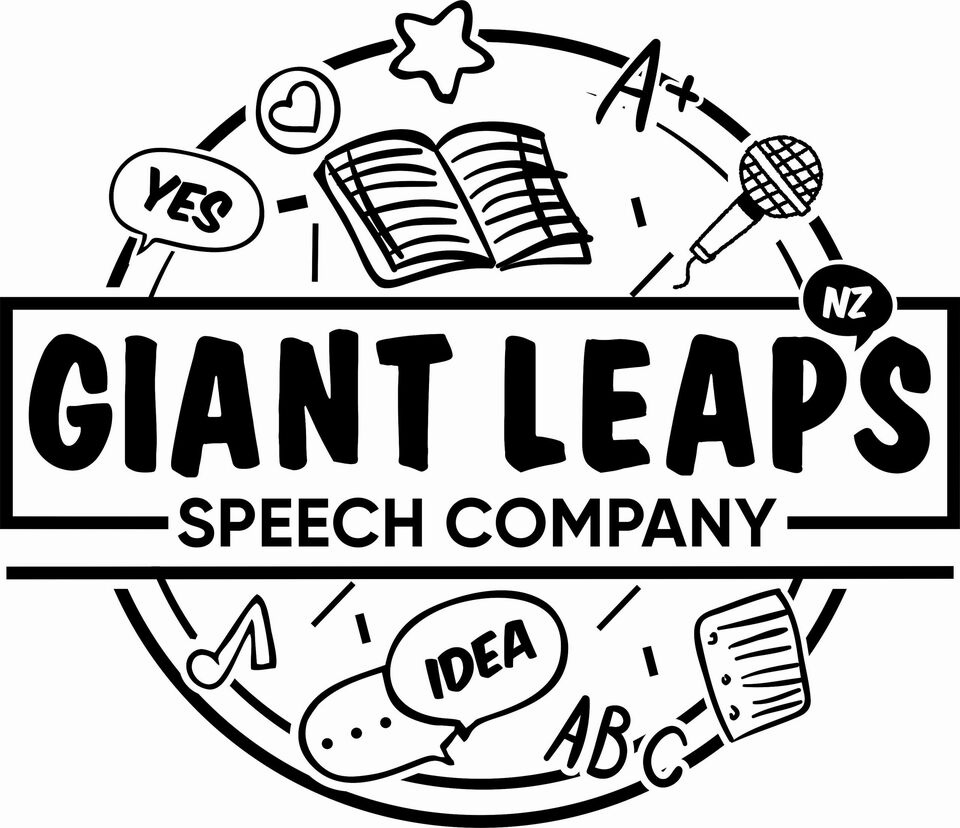Literacy Boost - Structured Literacy Intervention




Evidence-based STRUCTURED LITERACY intervention supporting children and adults with reading, spelling, and writing.
We believe that ALL children and adults in New Zealand have the right to evidence-based literacy education. The most effective way to learn to read and spell is with a systematic and evidence-based structured teaching approach. Delivered by our team of expertly trained Speech-Language Therapists, we choose Sounds~Write™ - a gold standard, evidence based programme supporting reading, writing and spelling.
What is Structured Literacy?
Structured Literacy is an approach to the teaching of reading, writing and spelling. It is backed by evidence-based research about the way the brain learns to read. Structured literacy approaches emphasise highly explicit and systematic teaching of all important components of literacy. These components include both foundational skills (e.g., decoding, spelling) and higher-level literacy skills (e.g., reading comprehension, written expression). Structured literacy also emphasises oral language abilities essential to literacy development, including phonemic awareness, sensitivity to speech sounds in oral language, and the ability to manipulate those sounds.


About Sounds-Write™
Structured
The Sounds-write programme is systematic and follows a carefully planned structure which introduces the 44 sounds of English and their corresponding letters in a clear logical sequence.
Diagnostic
Progress is constantly monitored and assessed to adjust pacing, presentation, and amount of practice given before introducing new information.
Explicit teaching
Students are directly taught the information and skills to be learned, using clear language. The teaching scripts minimise the cognitive load for students, helping them to focus more attention on the new knowledge they are being taught
Cumulative
Literacy Boost® Structured Literacy intervention builds on students’ previous learning to ensure progress. The programme intentionally moves from teaching simple to more complex content. Phonological awareness is built into every session.
Sound to print
Literacy Boost® is well founded on the principle that we teach reading by starting with what all children learn naturally—the sounds of their own language. We are establishing the link between the sounds (phonemes) the child has learned already, and the visual signs (graphemes) that represent them.
Multi-sensory
Literacy Boost® is well founded on the ideology that children learn best when exposure to new material is multi-sensory Learners are highly engaged in hearing the sounds, seeing the symbols, saying the sounds, and writing the symbols in every lesson. This is a core component of the multimodal approach to optimise learning.
"If a child memorizes ten words, the child can read only ten words, but if a child learns the sounds of ten letters, the child will be able to read 350 three sound words, 4320 four sound words and 21,650 five sound words" (Dr Martin Kozloff, 2002)
Who can benifit from Structured Literacy?
All young readers benefit from a Structured Literacy approach to learning to read and write. However, it is especially relevant to those who may have diagnosed (or undiagnosed) learning difficulties, or are falling behind in their learning at school. Structured Literacy interventions are ideally begun in the early years of primary school, though the approaches remain relevant throughout a child’s learning journey.
Your child may benefit from personalised tutoring based in Structured Literacy if:
- - they dislike reading and writing because they believe they can not do it!
- - they try their hardest, and are diligent students who are not making progress in their literacy development
- - they are already giving up on learning in the early years of schooling and are becoming disengaged
- - they are acting out in frustration or boredom in the classroom and around homework tasks
- - they are unsure of the sounds that letters make, even once this has been taught at home and/or school. Similarly, they are not able to ‘sound out’ or ‘chunk’ words to read and/or write
- - they commonly switch letters around in words, including transposing letters in their own and family members’ names, or other day-to-day words you may expect them to have learnt already
- - they seem to be falling behind their peers, or are acquiring reading and writing skills more slowly in comparison to their siblings despite the same or similar supports at home
- - you just feel like there’s something missing in their literacy development, but are unsure what this is
Further evidence based reading

Delivering on the promise of education starts with the mastery of the most fundamental foundational skill—the ability to read. Not only is reading critical to the success of further education but it is an expected accomplishment in order to thrive in contemporary society. Of equal importance, leading a literate life can bring immense joy and beauty to a human being’s life. Yet many children today are not learning to read.

Students who struggle to decode the words quickly enough begin to avoid reading, and the lack of practice contributes to a lack of vocabulary, academic language, and content knowledge. This all results in lower comprehension and a lack of motivation to continue to expend the effort necessary for learning to read. The foundational reading skills are those that enable students to read words, relate those words to their oral language, and read connected text with sufficient accuracy and fluency to understand what they read.

Research based reading programs that emphasise phonological awareness, phonics, the rules of spelling and writing, as well as comprehension have not only been shown to be critical for all early readers, but have even been found to “normalise” brain function for struggling readers.
. Download
Contact us - Giant Leaps HQ













